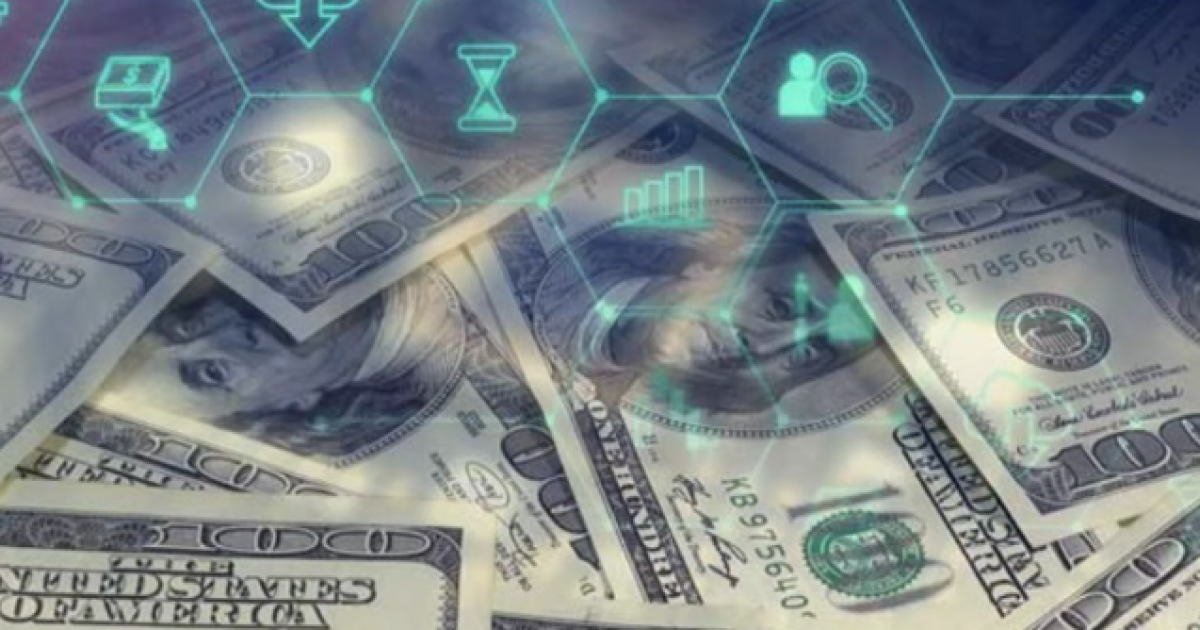
CoinDesk recently reported on stimulus legislation meant to strengthen the U.S. economy during the Wuhan virus pandemic.
Included in this bill is a recommendation to establish a digital dollar.
This digital greenback would allegedly help individuals and families survive the shutdown of businesses and the number of “shelter-in-place” orders that are now causing soaring unemployment claims and are raising speculation about a potential recession.
Under several bills shared last week, entitled the “Take Responsibility for Workers and Families Act” and the “Financial Protections and Assistance for America’s Consumers, States, Businesses, and Vulnerable Populations Act,” the Federal Reserve – America’s central bank – could use a “digital dollar” and digital wallets to transfer payments to “qualified individuals,” made up of $1,000 for minors and $2,000 to adults.
Both bills feature identical language regarding the digital dollar provision.
“The term ‘digital dollar’ shall mean a balance expressed as a dollar value consisting of digital ledger entries that are recorded as liabilities in the accounts of any Federal Reserve bank; or an electronic unit of value, redeemable by an eligible financial institution (as determined by the Board of Governors of the Federal Reserve System),” the bills stated.
The Fed would also be overseeing the digital wallets, maintaining them for recipients.
Neither bill says anything about the program using a decentralized ledger or any sort of cryptocurrency venture. Digitizing the dollar is generally viewed by many leading monetary figures as a necessity for the U.S., with former Commodity Futures Trading Commission J. Christopher Giancarlo and economist Judy Shelton – who President Donald Trump recently nominated to the Fed board – both asserting that America may lose its financial dominance if it fails to do adopt this strategy.
According to the draft bills, Fed member banks can also keep so-called “pass-through digital dollar wallet,” and recipients would obtain “a pro rata share of a pooled reserve balance” held by the member.
The bill comes in the wake of Michigan Congresswoman Rashida Tlaib’s introduction of the “Automatic BOOST to Communities Act,” which would give any individual in America a pre-loaded debit card. The card would initially hold $2,000 and be given an extra $1,000 until a year after the Wuhan virus pandemic is curbed.
Under Tlaib’s proposed legislation, the U.S. Mint would issue two $1 trillion platinum coins, which the Fed would buy using credit.
“The Treasury Secretary would ‘sweep’ the newly created reserve funds from the Mint’s account to the regular Treasury General Account,” the bill stated. The aforementioned funds would then be spent on U.S. residents through the program.
“In the long term, the card infrastructure should be converted into a permanent, Treasury-administered digital public currency wallet system, to serve as a privacy-respecting ‘eCash’ complement to universal Fed Accounts and/or Postal Bank Accounts for All,” the bill noted.
The Democrat bills come as the Republican-led Senate remains gridlocked over its own bill to boost the economy. Democrats have now derailed the Republican spending bill twice, contending that a $500 billion program grants the Treasury Department too much discretionary power and little transparency on how funds would be spent on corporations.



